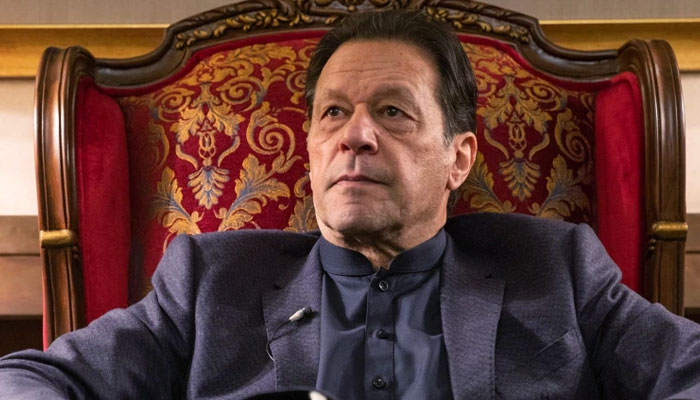LEGAL

The Supreme Court of Pakistan has ruled that no court can dissolve a marriage without the woman’s explicit consent. The judgment, authored by Justice Ayesha Malik, underscores that psychological and emotional abuse is as serious as physical violence and can form valid grounds for annulment of marriage.
The 17-page verdict overturns earlier decisions of the Peshawar High Court and the Family Court, declaring them null and void. Justice Malik wrote that the courts must approach marital cruelty with sensitivity and legal depth, recognizing that cruelty extends beyond physical harm.
“The court cannot give a leeway without the woman’s consent,” the judgment stated. “Psychological torture in marital life is as grave as physical violence, while a second marriage without the husband’s permission constitutes a valid ground for dissolution.”
The Supreme Court noted that while Pakistani law does not explicitly define “cruelty,” it provides examples to illustrate its scope. Courts, therefore, have discretion to interpret and identify various forms of cruelty — whether physical, verbal, emotional, or psychological — to ensure justice for victims.
“Cruelty can consist of separate acts that, though seemingly unrelated, collectively cause unbearable suffering,” the judgment explained. “Verbal abuse, false accusations, and mental harassment are equally cruel and destructive to a woman’s dignity and sense of security.”
Justice Malik also referenced international human rights standards, citing the International Covenant on Civil and Political Rights, which prohibits cruel, inhuman, or degrading treatment. The United Nations Human Rights Committee, she noted, applies these principles to protect victims of domestic violence globally.
The ruling concluded that the woman’s marriage stood terminated due to her husband’s second marriage and that she would not be required to return her dower (mehr). The court further criticized the handling of the case by the Family Court, observing that the woman’s words and consent were ignored and her rights overlooked.
Legal experts are calling the decision a major step forward for women’s autonomy and protection in Pakistan’s judicial system. The judgment emphasizes not only a woman’s legal consent but also her emotional well-being and right to live with dignity in marriage.




